Australia
Feel the friendly vibe of Australia while you study at a great university and grow your career in an exciting place.






 25+ Countries
25+ Countries
At Impact Universal Xperts, we are committed to shaping futures by providing comprehensive solutions for abroad job placements and student education. With our expertise and dedication, we guide individuals towards fulfilling their dreams of studying and working overseas.
This service is often provided by professionals such as immigration consultants, lawyers specializing in immigration law, or agencies specializing in visa assistance.
The agency employ consultants who are Xperts in various fields and offer their knowledge, skills, and experience to clients to help them solve problems, achieve goals, or improve performance.


Embark on your journey to success in leading destinations


Explore exciting opportunities for studying and working abroad, unlocking a world of possibilities.

Navigate the complexities of visa applications with our expert guidance and support.

Access comprehensive solutions to obtain work permits, empowering you to pursue your career goals overseas.

Discover tailored educational pathways that align with your interests and ambitions.



Embark on a journey towards endless possibilities with Impact Universal Xperts. Whether you aspire to study abroad, secure a work permit overseas, or explore international educational opportunities, we are here to guide you every step of the way.
Unlock global opportunities with Impact Universal Xperts' extensive network. Benefit from our worldwide connections for studying, working, or living abroad.
Navigate citizenship processes with ease. Impact Universal Xperts provides comprehensive support for obtaining citizenship in your desired country, ensuring a smooth transition to your new home.


Encourages open communication without hesitation or restraint, fostering collaborative and respectful conversations.
